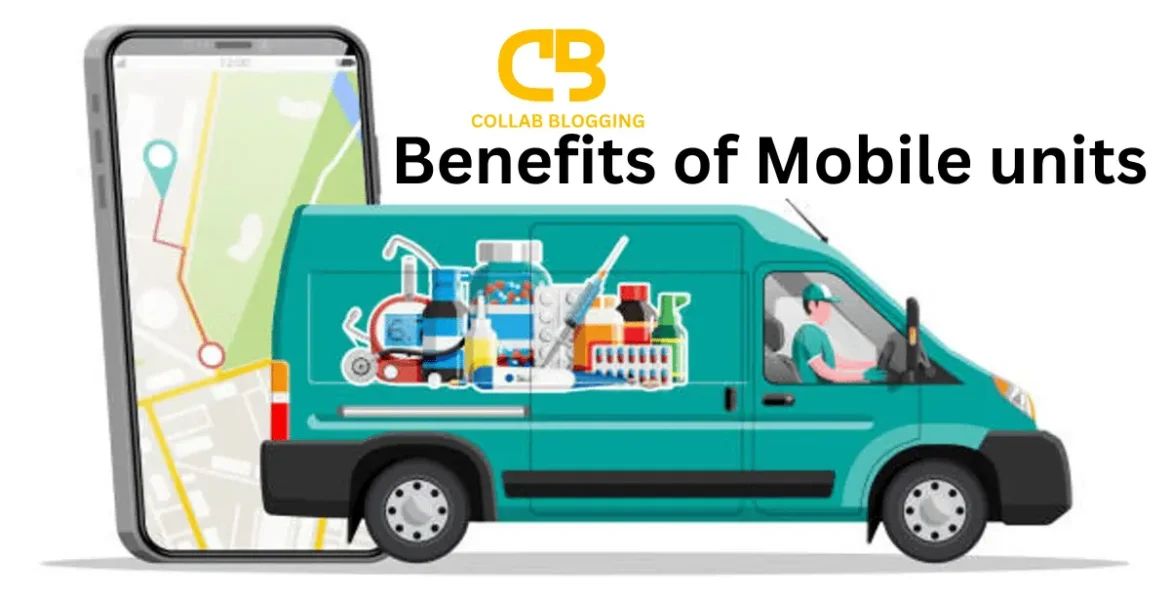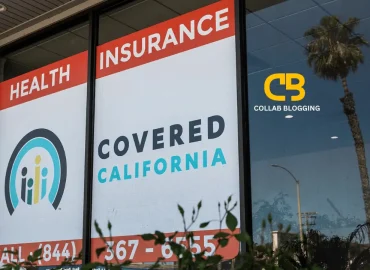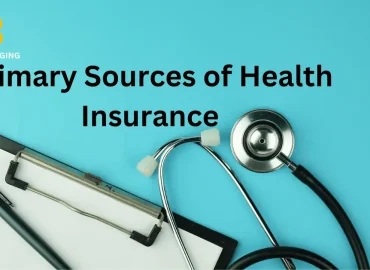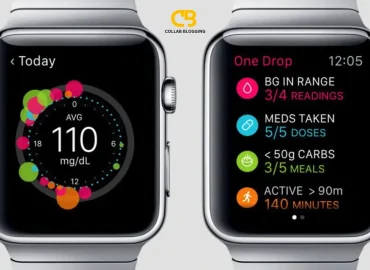Mobile health units are vehicles equipped with medical facilities to provide healthcare services. They bring healthcare to people in remote or underserved areas where access to hospitals or clinics is limited. These units are designed to offer a range of services, from routine checkups to emergency care, making healthcare more accessible to those who need it most.
In healthcare, mobile health units play an essential role by reaching communities that might otherwise lack adequate medical services. They help deliver healthcare to rural areas, disaster zones, and low-income neighborhoods. By bringing medical care directly to people’s doors, mobile health units make it easier for individuals to receive treatment, education, and preventive services.
Table of Contents
Improved Access to Healthcare
Mobile health units improve access to healthcare by bringing medical services directly to people in remote or underserved areas. These units are equipped with essential healthcare facilities, such as medical equipment, supplies, and sometimes even staffed with healthcare professionals. By traveling to locations where traditional healthcare services are limited or unavailable, they ensure that more people can receive the care they need, regardless of their geographic location.
Traveling long distances to a healthcare facility is a significant challenge for many individuals, especially those in rural or isolated regions. Mobile health units address this problem by providing on-site medical services, reducing the need for patients to travel. This is especially beneficial for elderly individuals, people with disabilities, or those without access to reliable transportation.
Furthermore, mobile health units reduce the financial burden on patients by saving them time and money spent on travel. This convenience encourages more people to seek medical care regularly, leading to better health outcomes. Mobile health units also provide crucial preventive care and health screenings, which can help detect issues early, reducing long-term healthcare costs and improving community health.
Cost-Effectiveness of Mobile Health Units
Lower Infrastructure Costs
Mobile health units are a cost-effective solution for delivering healthcare services, especially in areas with limited resources. Compared to building and maintaining traditional healthcare facilities, mobile units require less investment. They can be equipped with medical equipment and staff without the need for large infrastructure, making them a more affordable option for many communities.
Reduced Operational Costs
The operational costs of mobile health units are generally lower, as they do not require the same overhead expenses as brick-and-mortar clinics or hospitals. By moving to different locations, these units can serve many communities without having to establish multiple facilities. This efficiency reduces both the healthcare provider’s costs and the financial burden on patients, as they save money on transportation and other related expenses.
Affordable Care for Patients
Mobile health units also help reduce healthcare costs for patients by providing affordable care in underserved areas. Since the units are designed to deliver basic and preventive care, they help lower the need for more expensive hospital visits and emergency room treatments. By offering early intervention and routine care, mobile health units can prevent the escalation of health issues, saving money for both healthcare providers and patients.
Convenience and Flexibility for Patients
Access to Care Closer to Home
Mobile health units offer great convenience and flexibility for patients by bringing healthcare services closer to their homes. These units travel to various locations, allowing patients to receive care without having to travel long distances. This is especially beneficial for those in rural areas, elderly individuals, or people with mobility challenges.
Flexible Scheduling
Mobile health units also provide flexible scheduling, making it easier for patients to find a time that fits their needs. They can operate during evenings or weekends, offering healthcare outside of regular office hours. This flexibility helps patients who are working or have busy schedules to access care without disrupting their daily routines.
Reduced Stress and Burden
The ability to receive care at a convenient location reduces the stress and burden of visiting traditional healthcare facilities. Patients are more likely to seek medical care regularly when it is easily accessible, which leads to better health management and early detection of health issues.
Enhanced Health Outreach and Education
Providing Essential Health Services
Mobile health units play a crucial role in enhancing health outreach by offering essential services such as health screenings, vaccinations, and preventive care. By traveling to underserved communities, these units provide individuals with access to care they may otherwise miss due to limited healthcare facilities.
Promoting Health Education
In addition to providing medical care, mobile health units are effective in promoting health education. They often include informational sessions on topics such as nutrition, exercise, and disease prevention. Healthcare professionals in these units offer advice, answer questions, and empower individuals to take control of their health.
Supporting Public Health Campaigns
Mobile health units support public health campaigns by delivering educational resources on important health issues, including chronic disease management and mental health awareness. These outreach efforts improve health literacy and encourage healthier lifestyles within communities.
Ability to Serve Rural and Underserved Areas
Serving Rural Areas
Mobile health units have a unique ability to serve rural areas where healthcare facilities are often scarce or nonexistent. These units bring medical care directly to communities that might otherwise have limited access to healthcare services. In rural regions, where the nearest hospital or clinic could be hours away, mobile health units offer a practical solution by traveling to these locations to provide essential healthcare.
Reaching Underserved Urban Areas
In underserved urban areas, mobile health units also play a vital role by offering care to populations facing barriers like low income, lack of transportation, or inadequate local healthcare infrastructure. These units provide a wide range of services, including preventive care, screenings, vaccinations, and emergency response, contributing to better overall health outcomes.
Improving Health Equity
The ability to reach rural and underserved areas improves health equity by ensuring people receive the same quality of care as those in more populated areas. Mobile health units bridge the healthcare gap, reducing health disparities and improving access to essential services.
Support for Emergency Response and Disaster Relief
Role in Emergency Response
Mobile health units play a crucial role in emergency response during natural disasters like floods, hurricanes, or earthquakes. When healthcare infrastructure is damaged or overwhelmed, these units can quickly deploy to provide immediate medical care, offering critical services such as first aid, wound care, and emergency treatments in affected areas.
Addressing Health Needs in Disaster Zones
Mobile health units are essential in disaster zones where traditional healthcare facilities may be inaccessible. They provide not only medical care but also vital resources such as vaccinations, disease prevention, and mental health support. By reaching affected communities quickly, they help stabilize health conditions during emergencies and reduce the strain on local healthcare systems.
Ongoing Support During Recovery
In the aftermath of disasters, mobile health units continue to provide care as communities begin to recover. They assist with managing chronic conditions, offering follow-up care, and delivering vaccines or other preventive treatments to prevent outbreaks.
Conclusion
Mobile health units provide essential healthcare to communities that might otherwise lack access. They improve healthcare delivery in rural and underserved areas, ensuring people receive the care they need without traveling long distances. These units offer services like screenings, preventive care, and emergency response, making healthcare more accessible to all.
Additionally, mobile health units play a key role in disaster relief and health education. They bring medical care during emergencies and help educate communities on important health topics. Overall, mobile health units enhance healthcare access, reduce costs, and promote better health outcomes.








Visit this site
March 3, 2025 at 4:09 pmYour style of writing is compelling; I couldn’t break going through once I started.
https://telecoms-uk.onrender.com/the-persistent-scam-how-one-phone-number-has-been-duping-brits-for-years/
📄 Email- You got a transfer #MM81. Go to withdrawal => https://graph.org/GET-BITCOIN-TRANSFER-02-23-2?hs=126e9d8bf70365063c9e1670efb48ec0& 📄
March 8, 2025 at 11:25 amyiw44x
Rosalinda
March 8, 2025 at 1:38 pmI enjoy how you share details in a concise and logical manner that is simple to understand.
https://bitsandrubies.blog
Joann
March 8, 2025 at 7:29 pmYou really make it seem so easy with your presentation but
I find this topic to be really something that I think I would never understand.
It seems too complicated and extremely broad for me. I’m looking forward
for your next post, I will try to get the hang of it!
Feel free to surf to my page … Start now
📯 Ticket: + 0.75158900 bitcoin. Verify >>> https://graph.org/GET-BITCOIN-TRANSFER-02-23-2?hs=126e9d8bf70365063c9e1670efb48ec0& 📯
March 15, 2025 at 12:02 pm0uxecg
Jack
March 16, 2025 at 12:13 amThis is one of the top sources of information I’ve come across on this topic.
https://backlinks-checker.com
🔎 + 0.75172110 BTC.NEXT - https://graph.org/GET-BITCOIN-02-25?hs=126e9d8bf70365063c9e1670efb48ec0& 🔎
March 16, 2025 at 6:51 amuw35z2
Jeremiah
March 16, 2025 at 1:31 pmI’ve bookmarked this page for future use.
https://quero.party
📧 Message- You got a transfer #PA92. NEXT =>> https://telegra.ph/Binance-Support-02-18?hs=126e9d8bf70365063c9e1670efb48ec0& 📧
March 19, 2025 at 5:45 pmkb3dmd
📭 You have received 1 notification № 693977. Read >> https://telegra.ph/Binance-Support-02-18?hs=126e9d8bf70365063c9e1670efb48ec0& 📭
March 20, 2025 at 10:39 am8ey64g
🛠 You have a gift from unknown user. Withdrаw >>> https://graph.org/GET-BITCOIN-TRANSFER-02-23-2?hs=126e9d8bf70365063c9e1670efb48ec0& 🛠
March 22, 2025 at 5:42 pml12c4x
📝 + 1.148949 BTC.GET - https://graph.org/Message--685-03-25?hs=126e9d8bf70365063c9e1670efb48ec0& 📝
March 29, 2025 at 5:35 am6aqw25
📋 + 1.186478 BTC.NEXT - https://graph.org/Message--05654-03-25?hs=126e9d8bf70365063c9e1670efb48ec0& 📋
April 10, 2025 at 4:52 pmlbqgnx
📇 Reminder- + 1,156690 BTC. Get => https://graph.org/Message--05654-03-25?hs=126e9d8bf70365063c9e1670efb48ec0& 📇
April 16, 2025 at 4:44 ams6nai0
Thomas
April 16, 2025 at 5:30 pmI am really inspired with your writing skills and also with the layout in your weblog.
Is that this a paid topic or did you customize it yourself?
Anyway stay up the nice high quality writing, it’s uncommon to
peer a great blog like this one these days. Fiverr Affiliate!
My blog … Instagram Auto follow